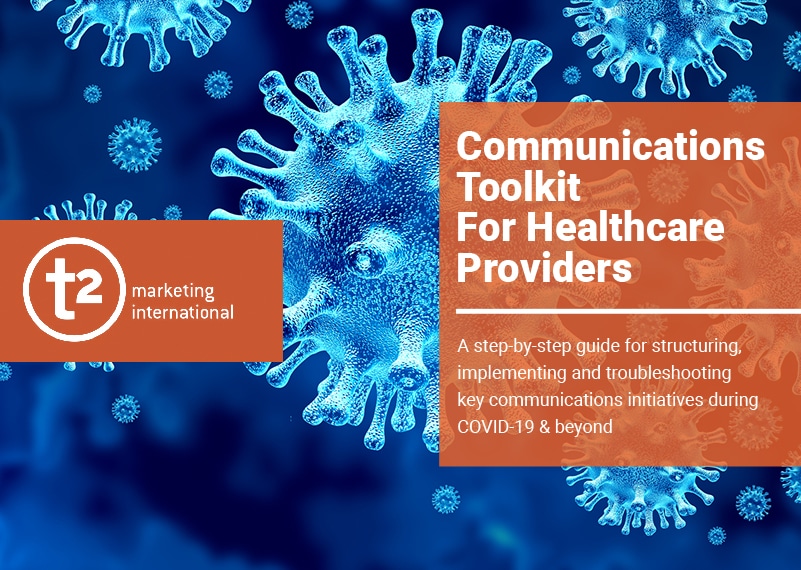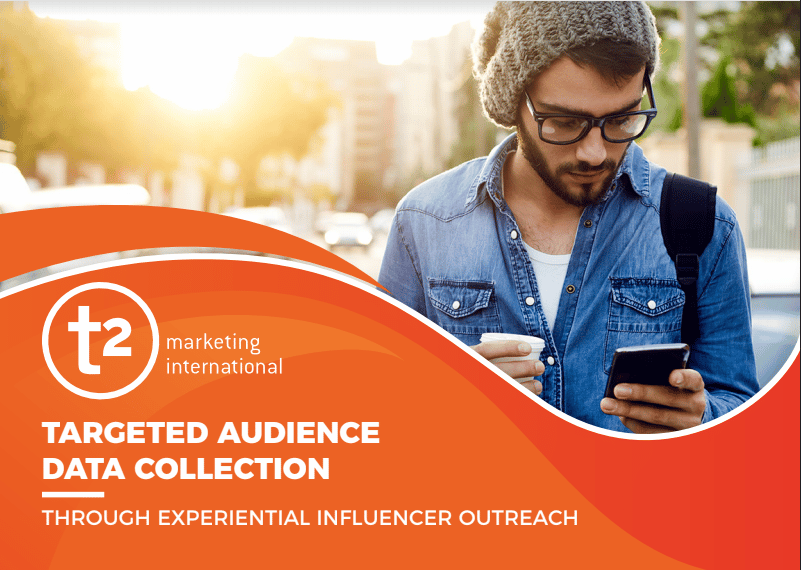Good Marketers Need to be Good Listeners
by Stephen Padveen
Listen First. Pitch Second.
Good marketers know that the results of effective campaigns can be measured by the analytics they generate. Therefore, if we listen to the data, we can make informed decisions moving forward. However, the analytics we listen to are the outcome of historical events. What do we listen to when we plan for future results?
In addition to the data, if we want to create campaigns that will generate the results we hope for, or that our clients anticipate, marketers need to listen to their clients in order to understand their expected outcomes and historical challenges in achieving their goals. Setting our own goals as marketers will serve a limited purpose if those expectations do not align with the client’s vision.
Before we can pitch or develop a successful campaign we need to know if the client is looking for a 10X ROI on marketing spend, a 300% increase in email subscribers, seasonal sales, brand awareness, or another type of return on their campaign. We also need to know what hurdles they have faced in the past and what challenges they expect to encounter moving ahead.
What is Active Listening?
Is listening simply the process of hearing out the client and basing your plan of action on that information alone or does it go much deeper?
In addition to listening to the client’s goals and needs, we also need to actively engage with the stakeholders and ask questions that may not have been inherently answered in the information-gathering session with the client. We do this in order to understand their perspective – where are they coming from and where do they want or need to go?
Good listeners are also good communicators. When we understand what our clients are looking to accomplish, it becomes much easier to explain the strategy or strategies that will be developed to respond to those goals and the projected outcomes of the campaigns we plan to create. Presenting concepts and ideas that address the client’s objectives highlights the fact that you’ve listened closely to their input and it goes a long way to building a foundation of trust and mutual cooperation.
How Marketers Can Become Better Listeners
Agencies often place a tremendous emphasis on creating and pitching visually appealing dog and pony presentations that are designed to focus on visual stimulation and a ‘wow’ factor. While these can be very effective, all too often, not enough attention is paid to exactly what the client said in their briefing and the value of historical data that might be available to back up their position. Is that because we prefer only to focus on the future and not to focus on what happened in the past, or is it because data is simply not exciting and no matter how you dress it up, it’s not a flashy discussion? Or perhaps it is because the client has not made enough data available as part of the initial campaign preparation phase. As marketers, we should avoid making the mistake of assuming we know what a client wants and listen to what they say they need.
While we noted above that analytics are based on historical events, listening to what the data tells us and conflating that information with the client’s stated expectations for future campaign outcomes is preferable to ignoring historical performance. As marketers, we need to be able to plan future campaigns by capitalizing on the past, even in cases where the plan might take the client in a completely new direction.
Listening closely to your client’s marketing expectations allows you to gain a more thorough understanding of their goals and related pain points in achieving these. Listening to available data helps reconcile the reasons why past campaigns may have been unsuccessful or fallen short of expectations, On the other hand, listening carefully to your client may also help when it comes to improving past performance as you hone in on the pain points that may have may prevented the successful achievement of previous targets.
Conclusion
In summary, experienced marketers listen first and talk second. When you listen to your client and their data, you are better positioned to create overall marketing strategies and individual marketing campaigns that are more likely to succeed in meeting the client’s objectives.
The Marketing Rundown
Subscribe to t2’s Newsletter, ‘The Marketing Rundown’ and Stay Up-to-Date
Everything you need to know about media, marketing, and digital news from the week all together in one place.
[revue_subscribe]





